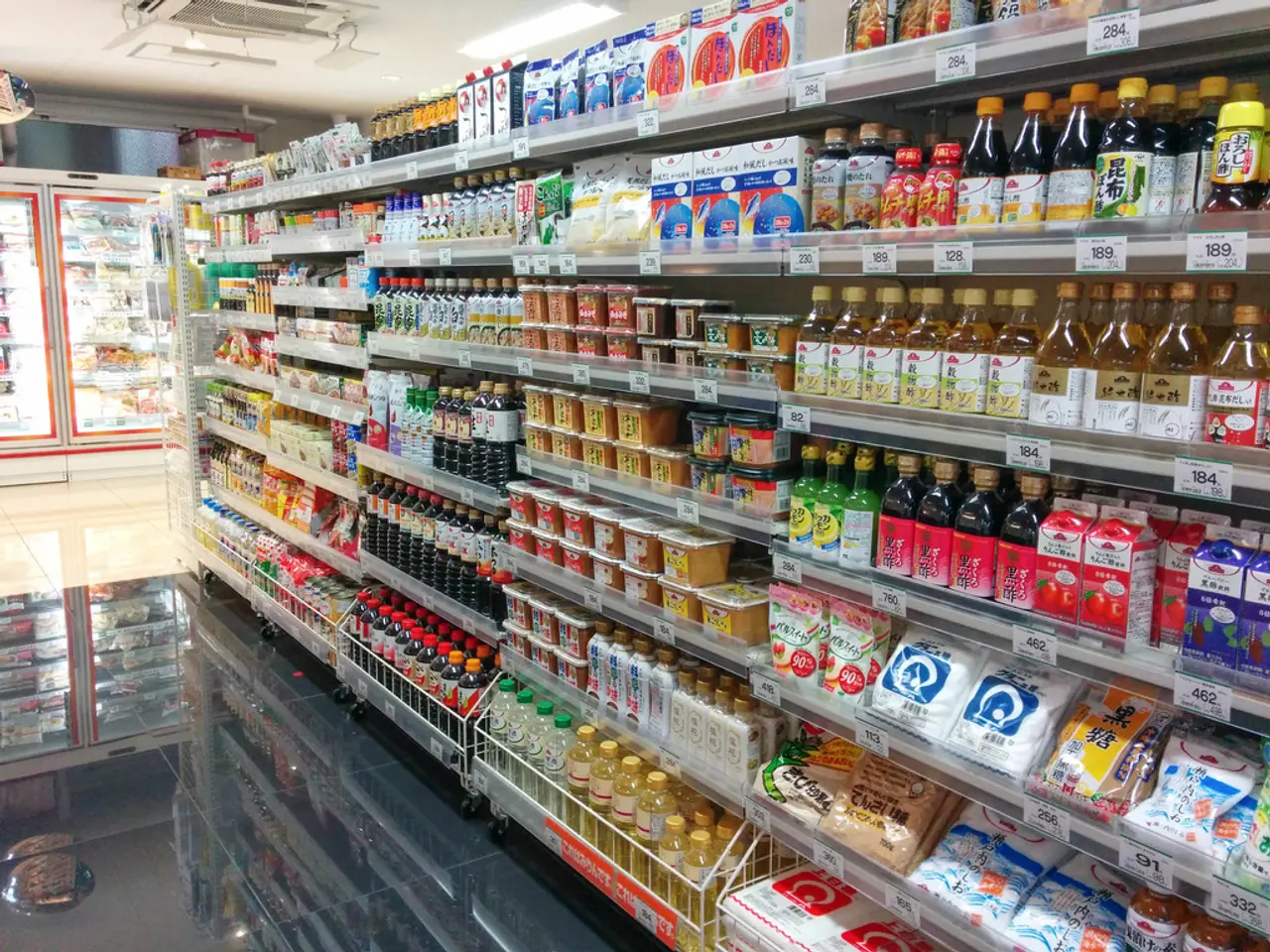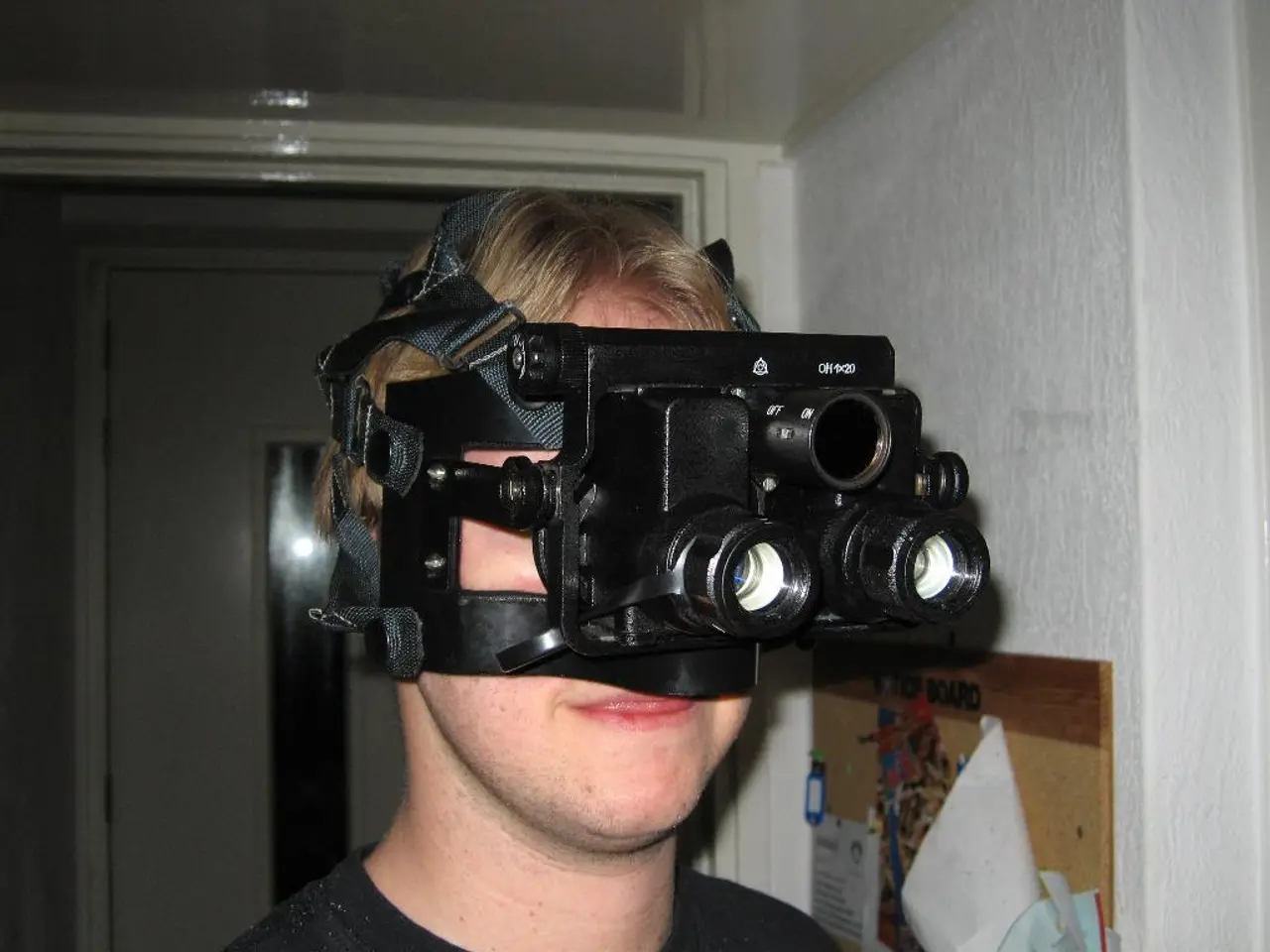Artistic Performance: AI Integration in the Real World Predicts Billion-Dollar Market Opportunities
Circus, a pioneering tech company, is gearing up for an exciting phase as it prepares to deliver its first CA-1 cooking robots to customers and embark on an 8-month pilot project with the REWE group.
The REWE project, involving the use of Circus' entire tech ecosystem, including operating system, sensor technology, culinary aspects, and point-of-sale systems, promises recurring revenues and high scalability. With around 16,000 locations in Europe, the REWE group offers maximum visibility and seamless integration of Circus' technology.
The foodservice sector, one of the largest industries in the world and one of the least automated, is poised to be fundamentally changed by Circus' new technology. The company's AI robotics has reached mass production readiness, and the focus is now on the upcoming roll-out to give as many customers as possible the opportunity to integrate autonomous systems.
Circus has secured top talent and partners for its mission, including Celestica, a globally positioned billion-dollar corporation, for series production of CA-1 cooking robots. The first CA-1 systems are set for final acceptance, with operations with the first customers beginning in the coming weeks.
The demand in urban areas with limited staff is immense for Circus' technology. In addition to the foodservice sector, the company's autonomous AI robotics system, the CA-M, has been brought to market for troop catering in high-risk areas and remote deployment zones.
Looking ahead, Circus anticipates being able to provide a forecast covering the current year and the next few years in the coming weeks. The company's mid-term goal is to fully utilize its four-digit production capacity and break the billion-dollar revenue barrier. The recently launched defense activities seem to provide an additional boost for Circus' revenue goals.
To navigate local regulations, data policies, and cultural nuances in China, Circus has hired Prof. Lin Yang as Managing Director for Asia Pacific. With the first robots set to roll off the production line in the coming days, production capacity is poised to reach up to 6,000 units per year.
Circus CEO Nikolas Bullwinkel assesses the recent annual report's low revenues and high losses as a significant success for the research and development phase of recent years. The company expects to generate first revenues in the low eight-figure range as early as this fiscal year. The group is focusing on comparable customer and roll-out scenarios, from local pilots to national and global rollouts, independent of retail.
As Circus moves into this new phase, it continues to push the boundaries of what is possible in the realm of autonomous robotics, promising a future where technology and culinary arts intersect to create innovative solutions for various industries.
The REWE project, in collaboration with Circus, aims to leverage the company's advanced technology such as sensor systems and AI robotics, aiming for high scalability and recurring revenues. As the foodservice industry stands on the brink of automation, Circus' technology is set to transform it, starting with the upcoming roll-out of the CA-1 cooking robots.




